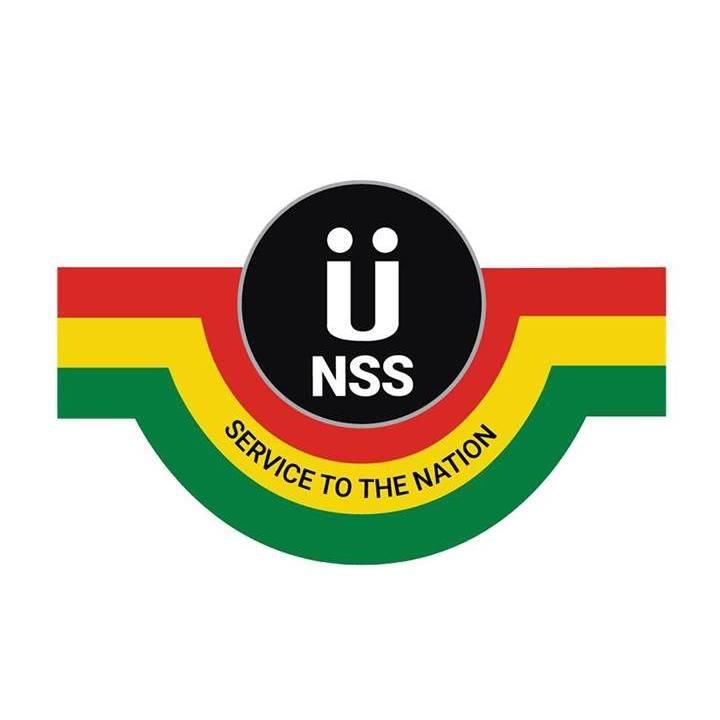

 Ghanaian agribusinesses have expressed concerns over the limited access to affordable financing, taxation on raw materials, and the implementation of indigenisation policies, which when addressed, can expand agribusiness in the country.
Ghanaian agribusinesses have expressed concerns over the limited access to affordable financing, taxation on raw materials, and the implementation of indigenisation policies, which when addressed, can expand agribusiness in the country.
The agribusiness owners made the call at the maiden edition of the AgriFair organised by Channel One TV and Citi FM in Accra on Friday.
Mr Denis Clottey, the Deputy General Manager, Federated Food Processing Limited, said the open borders to imported rice undermined local efforts, highlighting the need for a shift in national policy to protect and promote the local industry.
“If we close our borders to imported rice and we focus internally, we can grow the local industry. But if our borders are still open to foreign rice, we cannot grow the local industry. We need to find a way to improve local content so that we can now grow what we eat,” he said.
He called on the government to implement a planned indigenisation policy to reduce rice imports, which could change Ghanaians’ preference for locally made rice and protect the local industry.
Mr Clottey stressed the importance of government support in providing affordable seedlings, farm inputs like fertilisers and pesticides, and essential farm equipment to farmers, as those were very expensive.
Mr Elvis Amano, a Feed Nutritionist with the Greater Accra Poultry Farmers Association, highlighted the significant hurdles faced by local producers.
He lamented the constant struggle to secure credit facilities from the banks, forcing them to rely on overdrafts to close the financing gap.
“It is always a challenge getting a credit facility from the banks. If the government could provide us with loans at a very reduced interest rate, then we can procure the raw materials we need for our feed in very large quantities,” he said.
Mr Amano noted that while they purchased raw materials from local importers, the high cost was largely due to taxes levied on those imported goods.
He urged the authorities to intervene by reducing the taxes for importers, which would in turn allow for a reduction in the prices of the essential raw materials.
Ms Angela Ohene-Boateng, Head of Monitoring and Evaluation, National Service Authority, highlighted the Authority’s engagement in maize, rice, soya, poultry (layers and broilers), catfish, and pig production, serving as demonstration farms to train National Service personnel.
“We want to make sure that the importation that we bring into the country is reduced drastically,” she said, adding that while young people were interested in agriculture, greater education was needed to make them aware of the available opportunities.
The three-day fair, which commenced on Friday, brought together a mix of farmers, agribusiness professionals, students, and policymakers.
Some food items displayed are yam, plantain, cassava, fresh tomatoes, cabbage and lettuce, chicken, freshwater fish as well as processed foods like groundnut and tomato paste.
It also features an “Agric Clinic” for expert consultations, tailored agribusiness advice and technical support to enhance productivity, scale operations and adopt sustainable practices.
Source: GNA
The post Agribusinesses call for border restrictions and tax cuts appeared first on Ghana Business News.
Read Full Story




















![Ananzo flaunts cash on social media after receiving $5,000 gift from Davido [Video]](https://sportal365images.com/process/smp-images-production/pulse.com.gh/22062025/4179961f-767f-401e-ab7a-40e8f3cf0d6d.jpg)


Facebook
Twitter
Pinterest
Instagram
Google+
YouTube
LinkedIn
RSS